
This annual event unites global sustainability leaders, experts, industry and innovators to inspire action and promote a sustainability transformation. For the first time, the Congress will launch as an online event with a diverse and innovative program. In addition to the 100+ sessions available throughout the day and night, thanks to the global reach of SRI and partners, the SRI2021 Online Package includes exclusive events and services, including training, workshops and high-level talks.
SRI is a joint initiative of Future Earth and the Belmont Forum. Australia, who hosts the Congress in 2021, has a unique role to play in the global community as a conduit between the Global North and the Global South, indigenous peoples and traditional sustainability practices. The local hosting consortium, led by Future Earth Australia and CSIRO, features academia and government partners from Brisbane and the State of Queensland to meet the breadth of the SRI2021 agenda.
SRI2021 offers a range of opportunities to gather in-person in Brisbane, Australia. This is a great opportunity to escape the world of Zoom calls and meet your next project partner, collaborator, colleague or mentor.
The International Science Council is a sponsor of the SRI Congress, and you can catch up with representatives of the Council, as well as of its funded programmes and projects, in the following sessions:
Plenary 3: Building Resilience for a post-Covid World
Monday, 14 June
12:00 – 14:00 CEST
Resilience is not simply ‘bouncing back’, it is being willing to learn and adapt, even transform, in order to maintain the essential functioning of a system. We need our planetary social-ecological system, which provides the life support for humanity, to be resilient. On the one hand, we know our current economic models and modes of consumption cannot be sustainable, especially in a more equal world. On the other hand, many of the responses to the pandemic have shown that mental models of what is economically possible and desirable can change very rapidly.
Find out more and reserve a place.
Speakers:
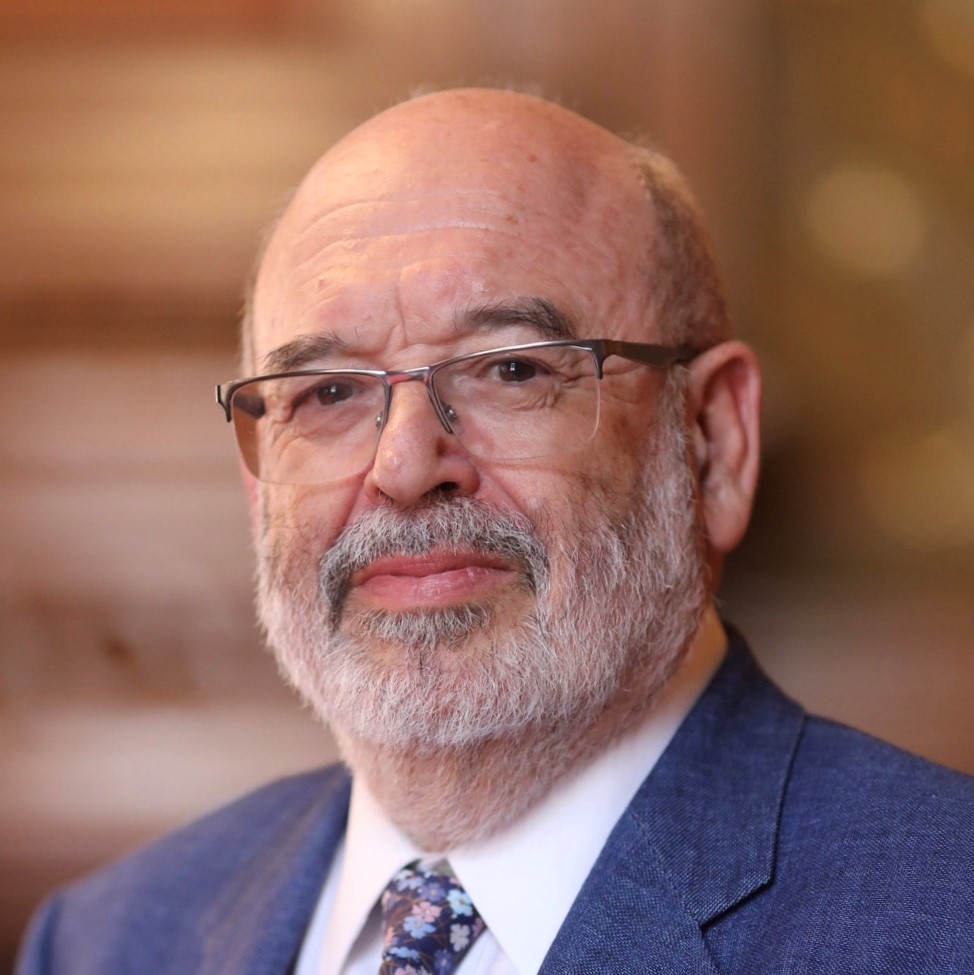
ISC President-elect; Koi Tū: The Centre for Informed Futures in the University of Auckland
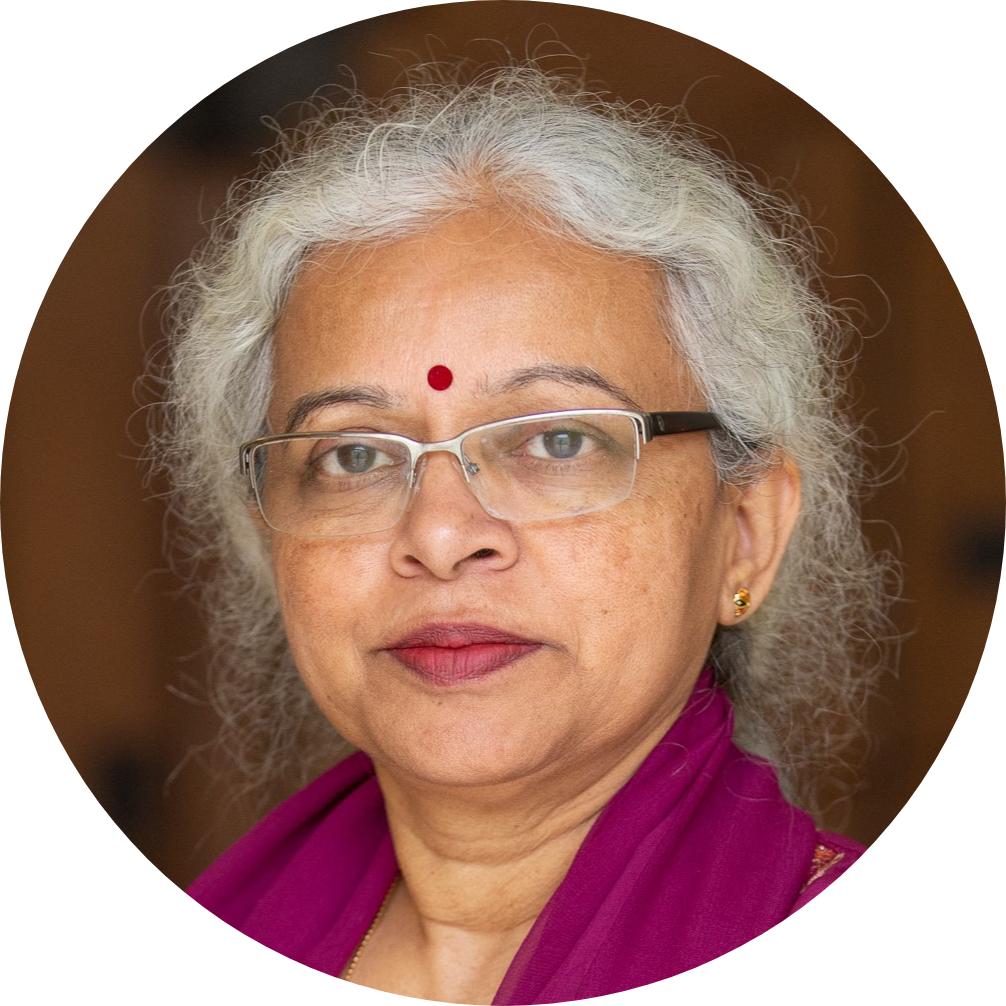
Leena Shrivastava
Deputy Director General for Science of the International Institute for Applied Systems Analysis (IIASA), Austria
Scientists in Exile – A meta-view of the impact of ongoing uncertainty and risks for scientists and the production of science (Forum)
Sunday, 13 June 2021
11:00 – 12.00 CEST
Humanitarian emergencies and disasters displace millions of people. Among them are scientists, doctors, engineers, and others with advanced academic and technical training. Forced displacement has devastating consequences on the scientific endeavour – knowledge and people get lost.
There is little recognition of refugee and displaced scientists, neither of their potential nor of their needs. Failing to preserve the work of these scientists (and aspiring scientists) causes a tragic loss of knowledge on a global scale and has devastating consequences as countries lose their experts and educators. Enabling scientists to maintain meaningful careers and creating new collaborations will not only preserve their research, but allow communities to benefit from their valuable knowledge, including the possibility to rebuild their countries in the future.
Programmes to support displaced scientists are few and fragmented. Until now, there has not been a unified global effort to identify and advocate for the affected scientists, where they can come together for peer support, voice their concerns, or search for opportunities — and research on these issues is limited. A new initiative, launched in March 2021, aims to create such a global platform and a network that supports the needs of refugee and displaced scientists and advocates for a coordinated global response.
Organized by the International Science Council (ISC), working with The World Academy of Sciences (TWAS) and the InterAcademy Partnership (IAP) under the umbrella of Science International, this session will bring together a group of early and mid-career refugee and displaced scientists working in the area of socio-environmental sustainability and resilience. Using a humanist approach to the preservation of science, the session will draw on exiled scientists’ own narratives to explore the impact of displacement; the challenges and the building back; the benefits of support and integration, and how the science community can respond.
Find out more and reserve a place.
Speakers:

Vivi Stavrou
Executive Secretary, Committee for Freedom & Responsibility in Science, Senior Science Office, ISC.
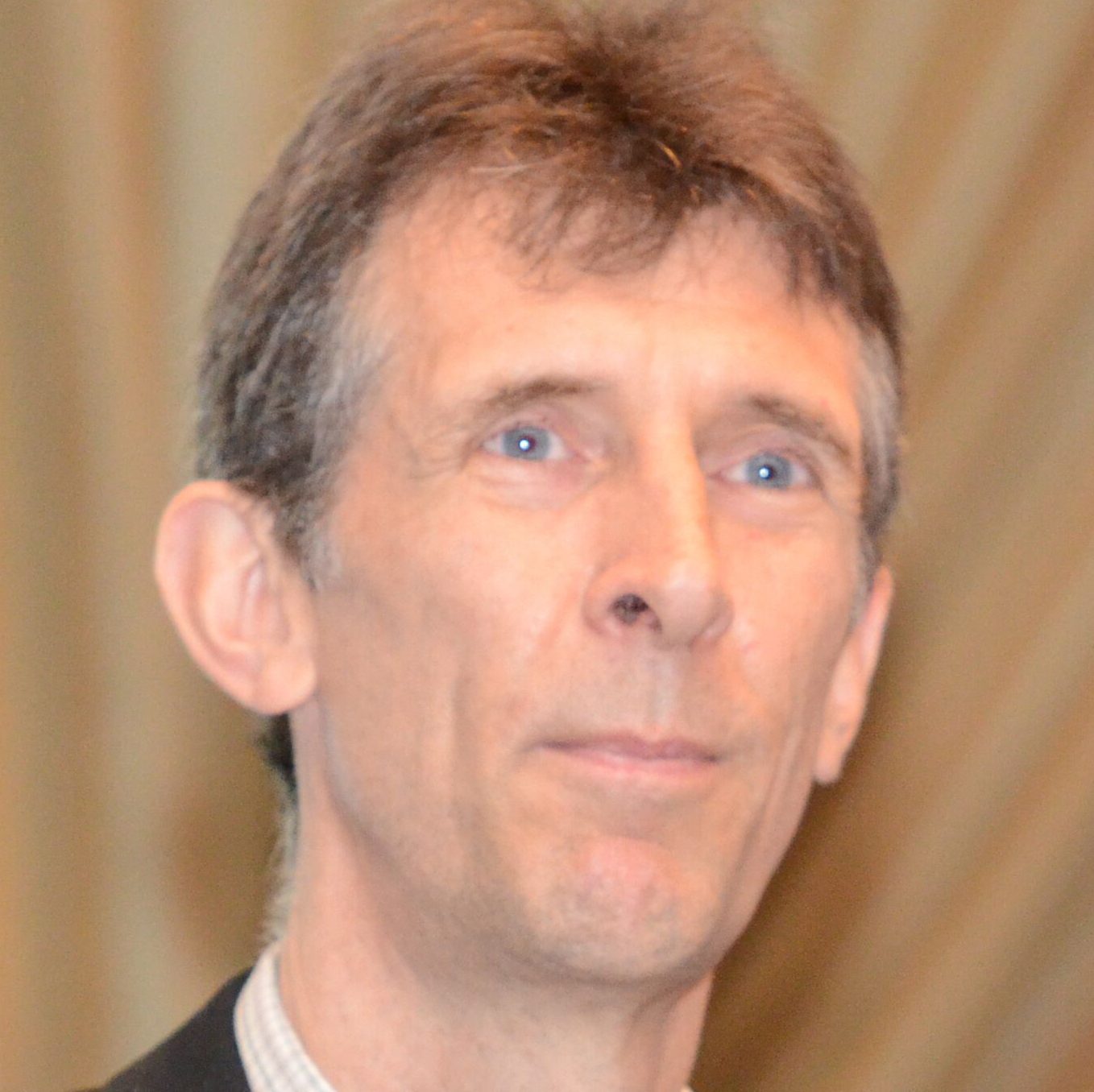
Peter McGrath
Coordinator, InterAcademy Partnership
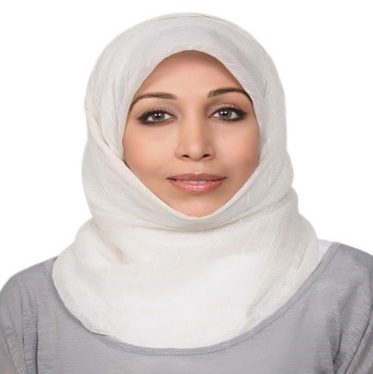
Dr Saja Al Zoubi
Dr. Al Zoubi is a development economist who specialises in and teaches Gender and Forced Migration & Middle East Politics. Her research has focused on broadly on issues of gender and rural development, including issues of women’s empowerment, and its role in the development. Since the war broke out in Syria, her concern has been researching ways to improve the livelihoods and food security of affected households (IDPs and refugees), especially women-headed households. She examines the host country responses through its policies and politics that determine refugee livelihoods. Dr. Al Zoubi is a lecturer at the Department of Politics and International Relations (DPIR), University of Oxford. She worked as a tutor and research fellow at the Oxford Department for International Development (ODID) and Christ Church college, University of Oxford. Currently, she is a visiting scholar at Glasgow University as a mentor to ‘International Master in Adult Education for Social Change (IMAESC) (Erasmus Mundus)’. Saja has been working in an academic/research and UN and NGOs overseas foundations for around 15 years. She has conducted comprehensive studies in Syria and Lebanon. Dr. Al Zoubi is the recipient of numerous awards and fellowships from international and regional universities and foundations.

Dr Kaan
Dr Kaan is a biologist specialising in plant biotechnology and molecular genetics.

Dr Sony
Dr Sony is a human geographer specializing in pastoralism, who studies development and environmental policies, rangeland and natural resource management and access, indigenous knowledge and climate change.
Strategies for strengthening transdisciplinary sustainability science in the Global South (Forum)
Monday, 14 June 2021
9:00 – 10:30 CEST
Transdisciplinary (TD) research – that is, research involving academic and non-academic partners – is increasingly seen to be important for developing solutions to complex socio-environmental challenges. More and more funders are interested in transdisciplinary research and encouraging it through research programming. At the same time, academic researchers who wish to engage in transdisciplinary research face structural and systemic obstacles that can hamper the efficiency, effectiveness and appreciation of their work and which may even harm their careers. The challenges become even more acute in international research contexts, and for researchers in the Global South.
Moreover, of the increasing number of research centres devoted to sustainability worldwide, only a few have been established in low- and middle-income countries; there is therefore a pressing need to build local and national infrastructures and capacities dedicated to transdisciplinary sustainability science in the Global South. Such centres of expertise should both tackle local and regional R&D questions and become innovative spaces for transdisciplinary research.
This session will invite presentation and discussion of the benefits and challenges, academic and non-academic, of various strategies for building capacity for transdisciplinary sustainability research, from short-term research programmes such as Leading Integrated Research for Agenda 2030 in Africa (LIRA 2030) and Transformations to Sustainability (T2S, a joint programme of the Belmont Forum and NORFACE), to the establishment of infrastructures and capacities in the Global South. Questions addressed will include challenges facing transdisciplinary sustainability research in the Global South, the relative merits of short- versus longer-term initiatives, optimal transdisciplinary research programme design and implementation, and the situation and needs of early career sustainability researchers in the Global South.
Find out more and reserve a place.
Speakers:
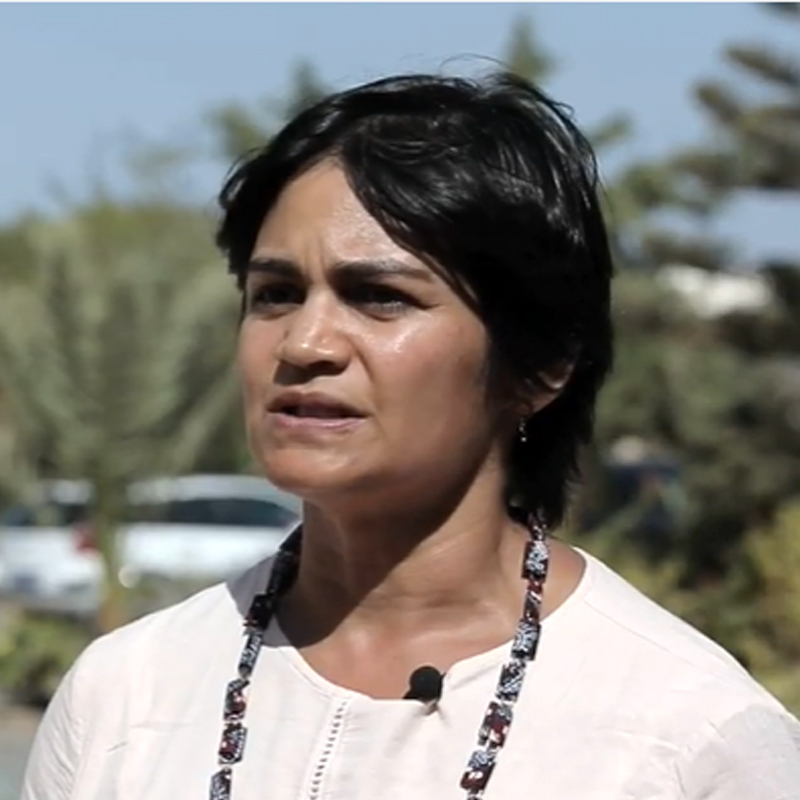
Zarina Patel
University of Cape Town, South Africa (Moderator)
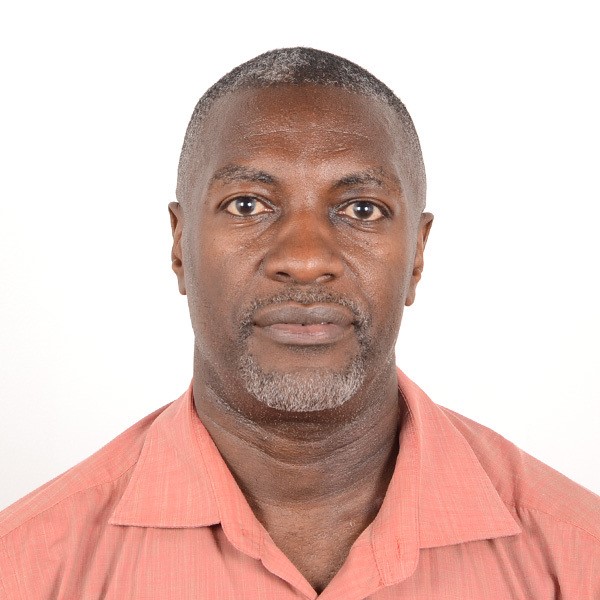
Shuaib Lwasa
Makerere University, Uganda

Flurina Schneider
ISOE – Insitute for Social-Ecological Research, Goethe University Frankfurt

Joanes Atela
African Centre for Technology Studies, Kenya
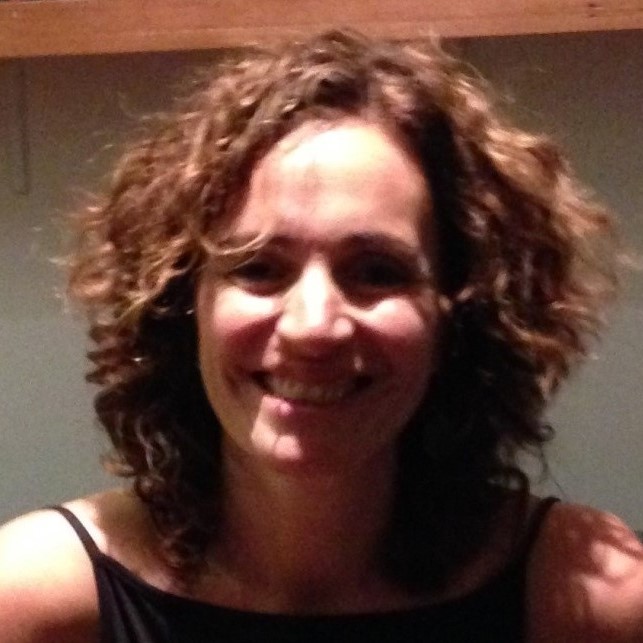
Anabel Marin
Institute of Development Studies, University of Sussex
Critical social science perspectives on transformations to sustainability – emerging framings and approaches (Session)
Monday, 14 June 2021
11:00 - 12:00 CEST
The recent emphasis in scientific assessments and policy frameworks on the urgent need for transformations to sustainability signals two things: recognition of the social dimensions of environmental problems; and, acknowledgement that we need innovative and visionary approaches to tackle societal challenges. The transformations discourse implies that profound changes are required in the social and economic systems, structures, values and practices that perpetuate contemporary socio-ecological problems. This suggests the need for innovation in sustainability science, challenging power structures and opening spaces to value a diversity of knowledges. This shifts emphasis to co-design and co-production with stakeholders, grounding sustainability transformations within specific contexts and enhancing potential to make transformative change relevant to local actors. There is broad agreement that social science can make a vital contribution to understanding and driving the transformations in science and society that we need. However, so far there has been only limited success in bringing social scientific knowledge to bear on efforts to address the socio-political barriers to sustainability, or, likewise, to use social science’s capacity to inform practical action, to build practices conducive to transformative change. This session is an occasion to present and critically discuss emerging conceptual and methodological approaches in social science research for sustainability. Contributors from the Belmont Forum–NORFACE Transformations to Sustainability programme will discuss conceptual and methodological challenges and reflect on what might constitute transformation in specific places, including how this might inform wider action. Questions include: What contribution(s) can social science make to our vision(s) of transformative change and sustainability? How could the social and natural sciences complement each other more effectively? How can we draw diverse knowledges and perspectives into conversations on transformation?
Speakers:

Sarah Moore
International Science Council (Moderator)
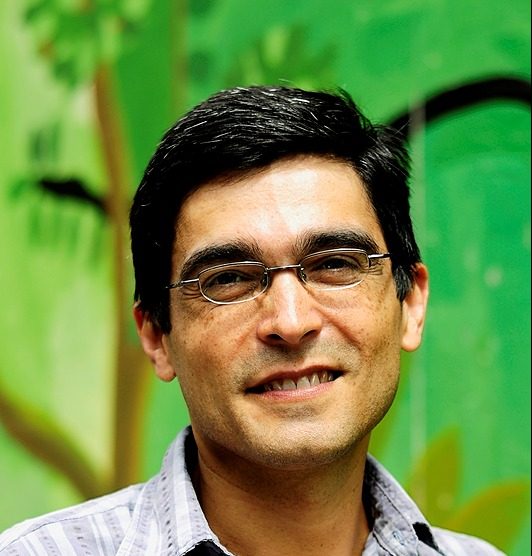
Fabio de Castro
University of Amsterdam, Netherlands
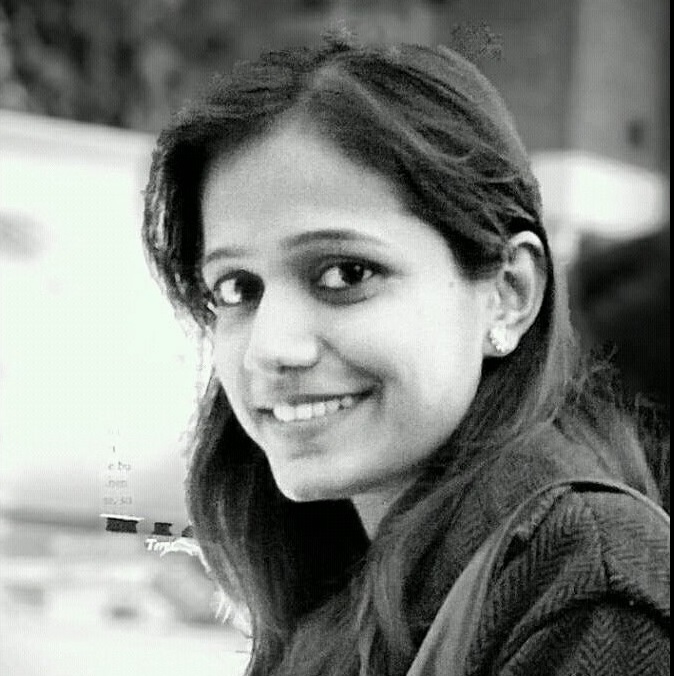
Akriti Jain
Indian Institute of Science, Bangalore, India

Silke Beck
Helmholtz Centre for Environmental Research, Germany

Sabine Luning
Leiden University, Netherlands
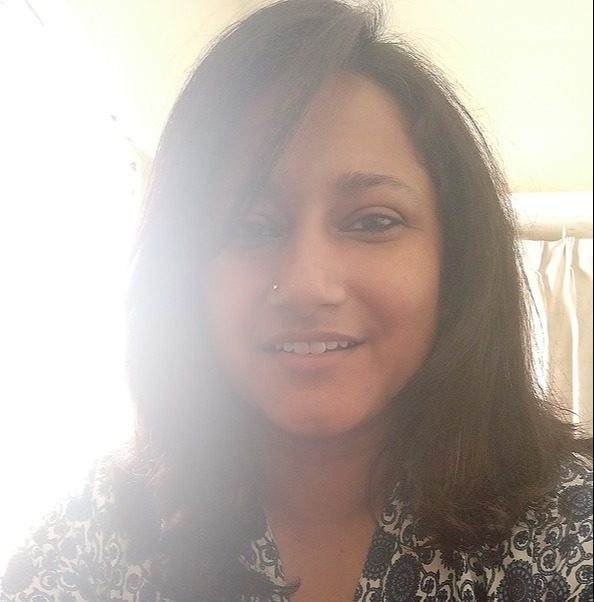
Shreya Chakraborty
SACIWATERS, India
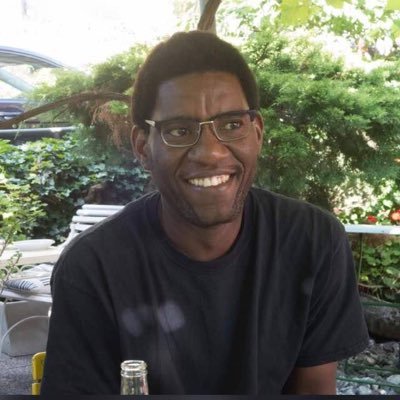
Mathew Bukhi Mabele
University of Dodoma, Tanzania
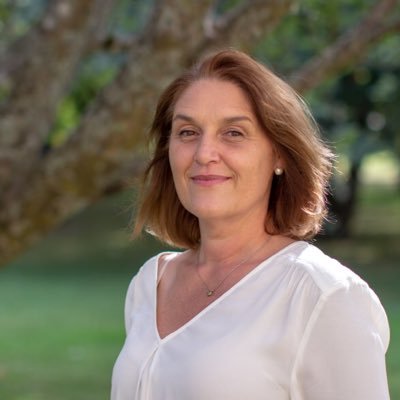
Eleanor Fisher
Nordic Africa Institute, Sweden
Funding Science for Global Sustainability (Session)
Tuesday, 15 June 2021
9:00 – 10:00 CEST
Mobilizing global sustainable science action is imperative if we are to realize the 2030 Agenda and 17 Sustainable Development Goals (SDGs). To unlock the full potential of science to achieve the SDGs in the short time frame that is left requires a system change in the way science is conducted, harnessed, assessed, and funded. “Decade of Global Sustainability Science Action”, led by the International Science Council in partnership with Future Earth, Belmont Forum, the Swedish Development Cooperation Agency, US National Science Foundation, National Research Foundation of South Africa, International Development Research Centre, UK Research and Innovation, and International Institute for Applied Systems Analysis – seeks to catalyze collective action among science funders for accelerating the impact of science and science funding on the achievement of the SDGs. Together, science funders are in a powerful position and can achieve a longer-term impact at a scale beyond what any one actor could achieve alone.
Through the decadal initiative, science funders and the research community promote mission-driven research that harnesses solutions-oriented knowledge from across the spectrum of scientific disciplines and approaches, including fundamental research; adopts a systems-based approach; and informs policy and public action through engagement with relevant decision makers and innovators from the worlds of policy, civil society and business. This type of research will require systemic transformations of science systems, securing which is a systemic responsibility, shared by scientists themselves, the institutions in which they work, and science funders that influence and resource priority agendas.
In April 2021, the Global Forum of Funders will bring together the leadership of the national research funding agencies, international development aid agencies, private foundations and scientific institutions to explore how to support in a collaborative way missions for science that will be critical for accelerating the implementation of the SDGs in the next decade.
Speakers:
Technological Innovations in Education to Help Achieve the SDGs (Session)
Tuesday, 15 June 2021
10:00 - 11:30
The session will be based on and carry forward the ongoing work of the COVID Education Alliance (COVIDEA). COVIDEA was established in response to the systemic problems of the current education systems, laid bare by the COVID-19 pandemic. These systems have not fundamentally changed in the last 150 years and have not, as yet, fully transitioned to the digital age, nor are they equipped to respond to external shocks like a pandemic.
COVIDEA seeks to make digital tools and related resources more easily understood by and available to policy makers, educators and learners worldwide, to help transform education systems and make them fit for a rapidly changing and increasingly digital, complex and interconnected world. At the core of the COVIDEA approach is the recognition of the transformative potential of education in helping people build knowledge, character, judgment, resilience, social awareness and responsible and active citizenship. Revamped education systems supported by digital technologies have the potential to substantially contribute to the achievement of the SDGs and the climate goals, and help societies transition to more sustainable, resilient and equitable development patterns.
The purpose of this SRI session will be to present and discuss the COVIDEA approach with the goal to get feedback for improving it and solicit further partnerships for operationalizing it, as a contribution to building the future of education.
Find out more and reserve a place.

Mathieu Denis
International Science Council (Chair)
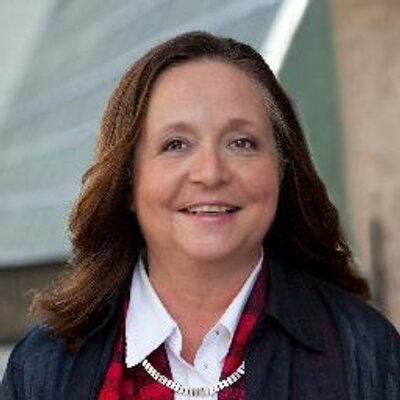
Veerle Vandeweerd
Co-Founding Partner, P4TT and Co-Convener, COVIDEA
The origins and philosophy of COVIDEA – The COVIDEA Primer.bine Luning
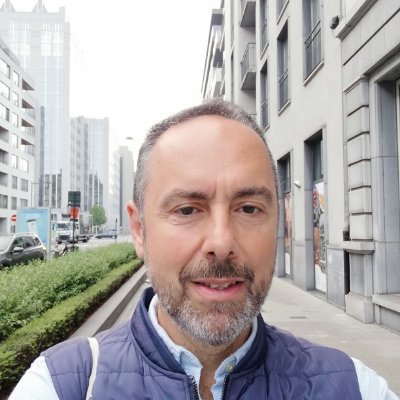
Georgios Kostakos Executive Director, FOGGS and Co-Convener, COVIDEA
The Digital Education Agora – Learning and Networking in Cyberspace
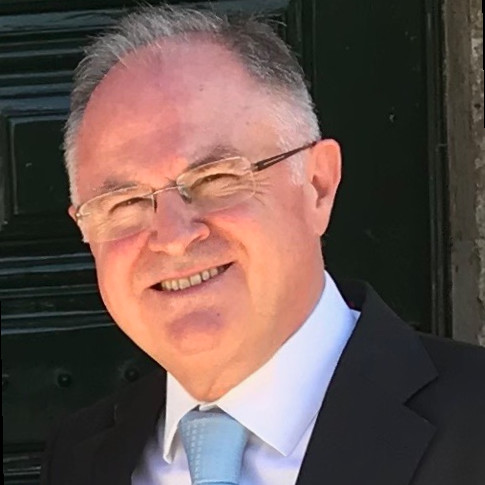
Luis Neves
CEO, GeSI
The Digital with Purpose Movement – The Private Sector’s Contribution to Education and Sustainability.
Showing leadership in sustainability science: Lessons from the Global South and beyond the academy (Session)
Tuesday, 15 June 2021
11:00 - 12:00 CEST
This session will facilitate learning from experience in the leadership of international sustainability research from the Global South. International research initiatives on and for sustainability are multiplying, in response to the growing recognition of the global, interconnected nature of the challenges of sustainability. There is simultaneously an increasing demand for sustainability research to be done in collaboration with stakeholders or members of society concerned by specific problems (in configurations called ‘transdisciplinary research’), to increase the legitimacy and relevance of the research as well as the likelihood of its eventual uptake into policy and action. These new demands give rise to a number of questions: What are the unique benefits of sustainability research designed and led from the Global South, and/or with societal stakeholders? What are the experiences of Global South and non-academic researchers with leading roles in international, transdisciplinary research for sustainability? What have the academic establishment got to learn from the Global South and non-academics about doing research for sustainability? How can research funders avoid inadvertently perpetuating inequalities and inequities in the global science system? The discussion will be kicked off by a representatives of international research teams in two pioneering research programmes of the International Science Council: Leading Integrated Research for Agenda 2030 in Africa (LIRA 2030) and the Transformations to Sustainability (T2S) programme (a joint programme with the Belmont Forum and NORFACE). The audience will be invited to share their own reflections on experiences of leadership or participation in international or national research initiatives. The outcome of the session will be a rich collection of insights and suggestions for models for more progressive and inclusive organization and funding of internationally collaborative science for sustainability.
Find out more and reserve a place.
Speakers:

Joanes Atela
African Centre for Technology Studies, Kenya (Moderator)

Deborah Darko
Water Research Institute of the Council for Scientific and Industrial Research, Ghana

D. Parthasarathy
Indian Institute of Technology, Bombay, India

Sylvia Croese
University of the Witwatersrand, South Africa
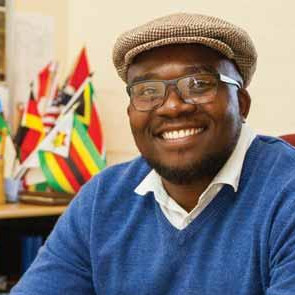
Gladman Thondhlana
Rhodes University, South Africa